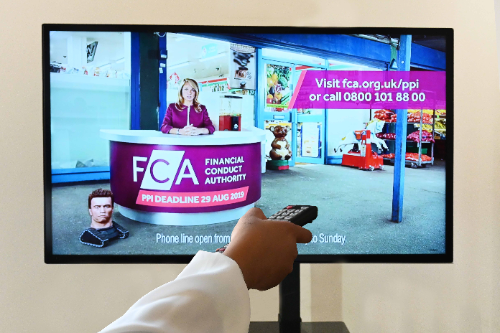Nuisance call increase due to PPI
“PPI compensation claims became the target of some unscrupulous companies who disregarded the law by making millions of calls and sending millions of text messages and emails, regardless of whether or not they had people’s permission. We saw a big increase in complaints from the public and, thanks to them, took action against companies that broke the law. People told us that they felt threatened by some of the callers, who could be aggressive and continued to phone even after being told to stop.”
Andy Curry, Head of Investigations at the Information Commissioner’s Office.
“This was another of a long list of calls…all I want is for them to stop these aggressive phone calls.”
- complaint investigated by the Information Commissioner’s Office.
You might have heard of PPI, but did you know it led to a deluge of nuisance calls, texts and emails?
Payment protection insurance, or PPI, was supposed to provide peace of mind by covering loan and credit card payments if customers fell ill, had an accident or lost their job. But many of the 64 million policies were mis-sold to people who did not want or need them. The scandal prompted a wave of compensation claims. People found themselves bombarded with calls, texts and emails from companies offering help to make claims in return for a slice of the £36bn compensation that was ultimately paid out.

Technological developments meant staggering numbers of people could be contacted constantly at a very cheap cost using automated calls and mass email tools – which led to some companies flouting the law.
Data from the Citizen’s Advice Bureau from 2013 found that two thirds (67%) of British adults, equivalent to 32 million people, had received an unwanted call, text, email or letter about PPI. 98% of them did not feel that they had given their permission to be contacted in this way. Over half estimated that they were contacted more than ten times in the previous year.
This level of intrusion made people think about who they gave their contact details to, and how to stop being contacted if they didn’t want to be. Consumer articles would carry details of the Telephone Preference Service and the work of the Information Commissioner’s Office. PPI claims couldn’t be made after 29 August 2019, though nuisance calls and messages still persist.